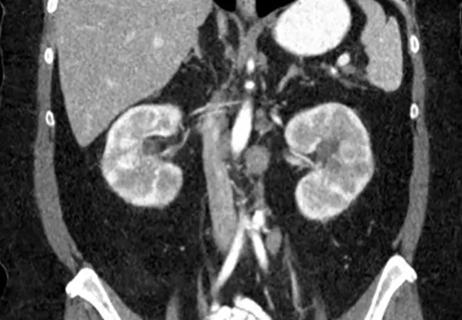Locations:

Study highlights benefits of nephrologist-led urine sediment analysis

Findings about the tool's utility were presented at the American Society of Nephology’s 2022 Annual Meeting

Case presentation, making the diagnosis and the take-home message

How one nephrologist is enhancing renal physiology curricula
Advertisement
Cleveland Clinic is a non-profit academic medical center. Advertising on our site helps support our mission. We do not endorse non-Cleveland Clinic products or services. Policy

Fellows learn by playing innovative board game
Advertisement
Advertisement